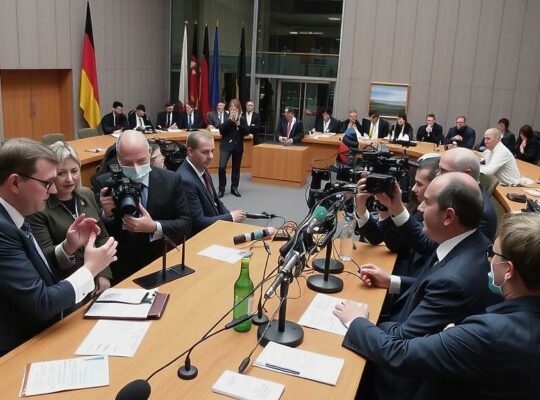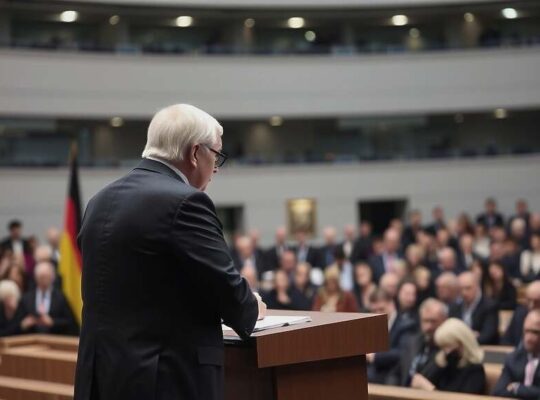Leading voices in German industry are tempering any optimism surrounding the recent agreement between China and the United States regarding export restrictions on rare earth elements, warning against complacency and highlighting persistent uncertainties. While the US and China announced a tentative easing of trade tensions, with a potential delay of China’s planned export controls, prominent figures express caution regarding the long-term impact and potential for true resolution.
Hildegard Müller, President of the German Association of the Automotive Industry (VDA), told Handelsblatt that the announcement of a potential shift in export restrictions constitutes a “positive signal, but not a ‘coast is clear’ moment”. The details remain crucial; it remains unclear which specific restrictions will be affected and whether this change will genuinely alleviate the ongoing supply concerns surrounding rare earth elements and permanent magnets, vital components in numerous industries.
Wolfgang Niedermark, a member of the Executive Board of the Federation of German Industries (BDI), acknowledged a temporary détente in the trade dispute, suggesting it would benefit all parties. However, acknowledging that “uncertainty remains the new normal” underscores the fragility of the situation. He cautioned against viewing the agreement as a definitive resolution, recognizing the multitude of unresolved issues still in play.
The fragile nature of the agreement reveals a deeper strategic dynamic. Oliver Richtberg, Head of Foreign Trade at the German Engineering Federation (VDMA), explicitly warned against interpreting the agreement as a respite for businesses or an opportunity for political relaxation. He emphasized the pressing need to leverage this period to actively reduce Germany’s dependence on rare earth elements sourced from China – a critical move to bolster supply chain resilience and mitigate future geopolitical risks. The agreement, while offering a brief pause, should serve as a catalyst for proactive diversification and investment in alternative sourcing options and domestic production capabilities. Failure to do so, experts warn, will leave German industry vulnerable to future disruptions and further intensify its strategic reliance on China’s control over these vital resources.












